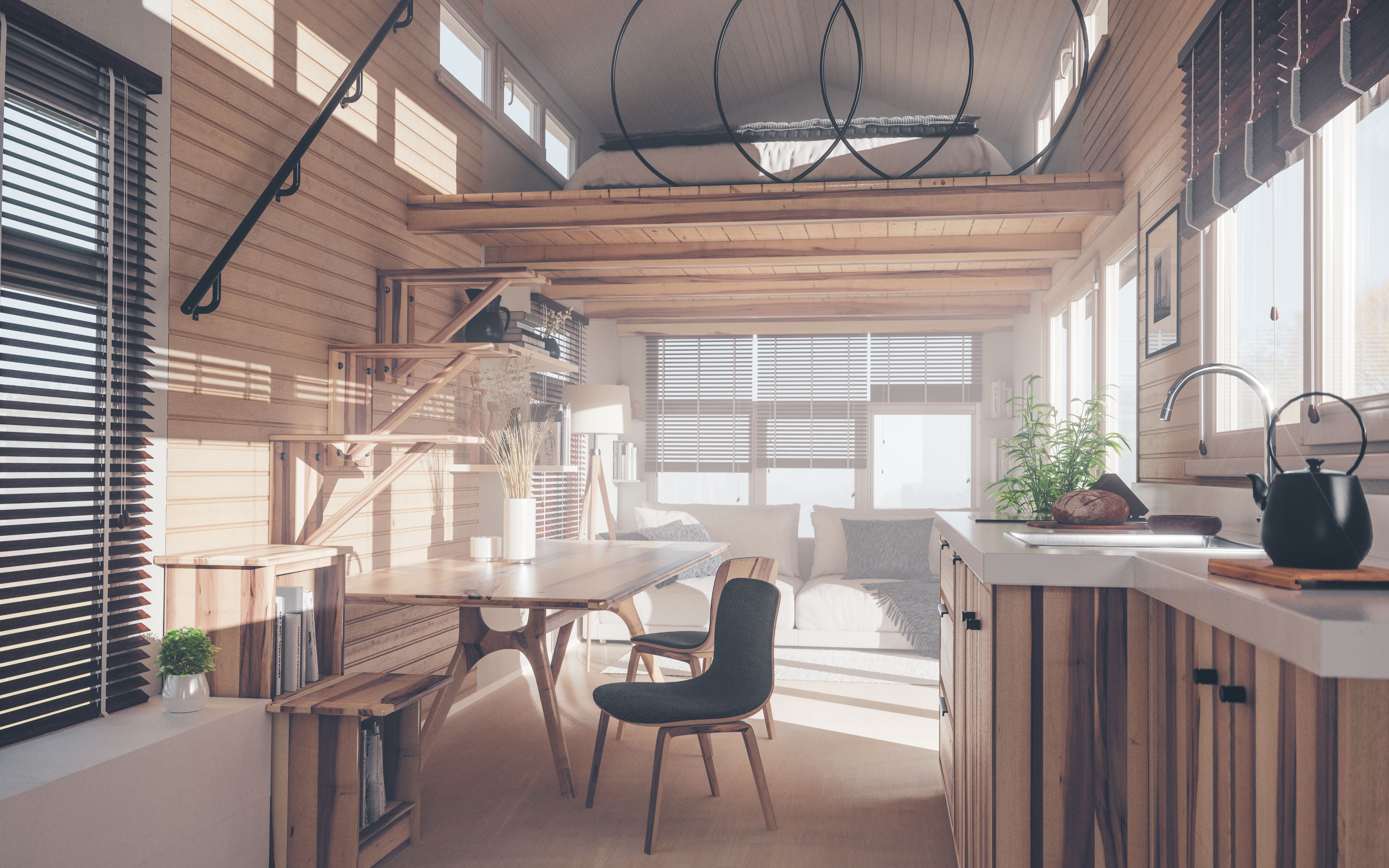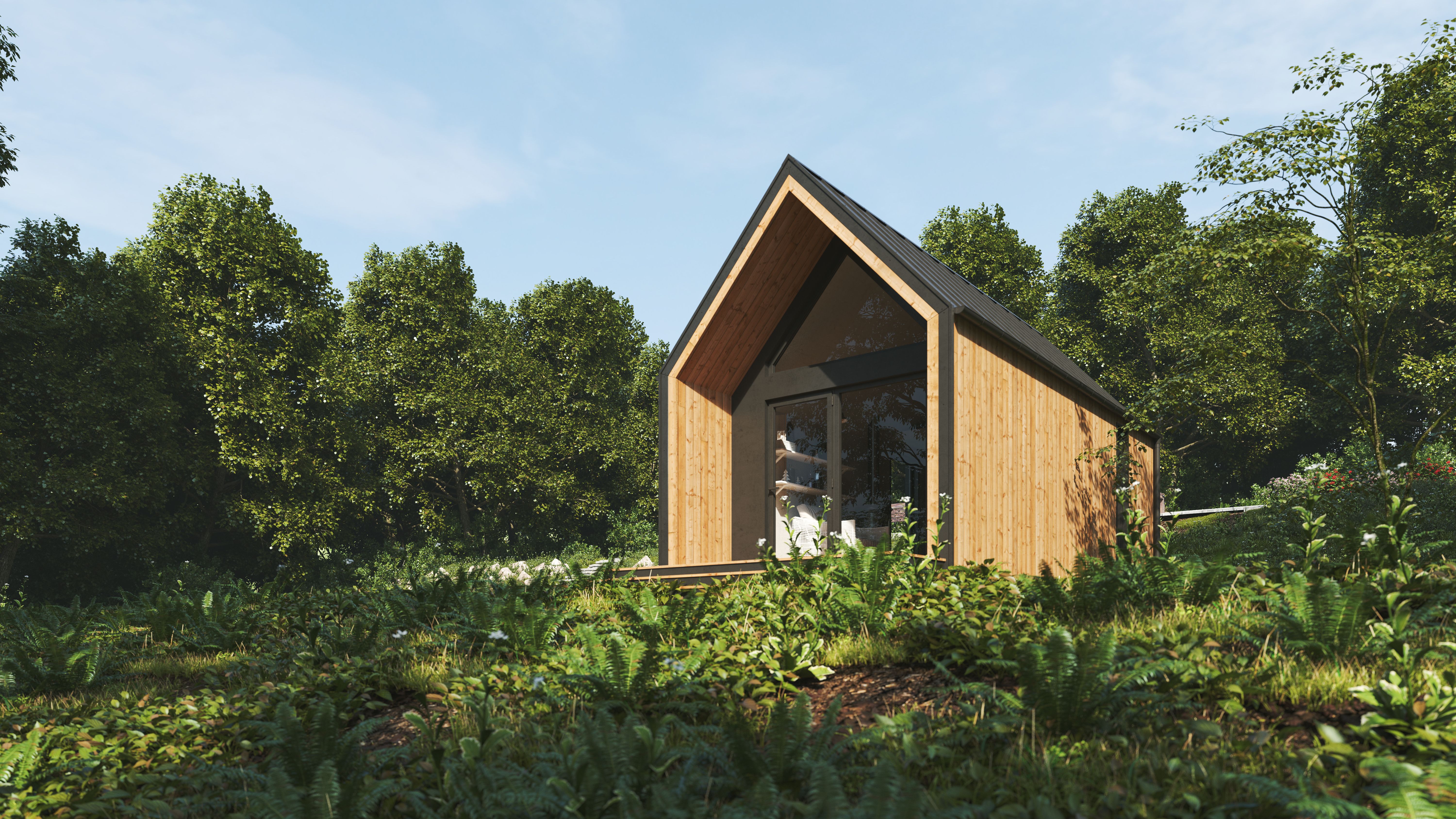Tiny Living - Why It's a Big Deal
Tiny Living: A Revolutionary Lifestyle
The concept of tiny living has gained significant traction in recent years, transforming from a niche trend to a mainstream movement. More and more people are choosing to downsize their living spaces, embracing a minimalist lifestyle that offers a range of benefits. Tiny living is about more than just saving space; it's about rethinking how we live and what's truly important.

Environmental Benefits
One of the most compelling reasons people opt for tiny living is its positive impact on the environment. Smaller homes mean fewer resources are used in construction, and they require less energy to heat, cool, and maintain. This leads to a significantly smaller carbon footprint compared to traditional housing. For those passionate about sustainability, tiny living offers a practical way to reduce environmental impact.
Moreover, many tiny homes incorporate eco-friendly technologies such as solar panels, composting toilets, and rainwater collection systems. These innovations not only support sustainable living but also encourage inhabitants to lead a more environmentally conscious lifestyle.
Financial Freedom
Another significant advantage of tiny living is financial freedom. With the rising costs of real estate, many people find it challenging to own a home without incurring substantial debt. Tiny homes are generally more affordable, allowing individuals to either buy their homes outright or take on much smaller mortgages.

This affordability extends beyond the initial purchase. Tiny homes typically incur lower utility costs and require less maintenance, freeing up money to spend on experiences rather than possessions. For many, this shift towards financial independence is a key motivator in choosing a tiny lifestyle.
Embracing Minimalism
Tiny living naturally encourages a minimalist lifestyle. With limited space, inhabitants must prioritize what they truly need and value, shedding unnecessary possessions and focusing on what adds genuine value to their lives. This can lead to a more organized, peaceful living environment and reduce stress associated with clutter.
Minimalism also fosters greater appreciation for the items and experiences one chooses to keep. The philosophy promotes mindfulness, encouraging individuals to be more intentional with their choices and savor the simple joys of life.

Community Connection
Living tiny often leads to deeper connections with community and surroundings. Many tiny home dwellers join communities or parks specifically designed for small houses, fostering a sense of camaraderie and shared values. These communities often emphasize collaboration, sustainability, and support, creating a unique social dynamic.
Additionally, the mobility of many tiny homes allows for travel and exploration, enabling residents to connect with diverse communities and cultures. This lifestyle flexibility can lead to enriched life experiences and broadened perspectives.
The Future of Tiny Living
Tiny living is not just a passing trend; it represents a significant shift in how people approach housing and lifestyle choices. As urban areas become more crowded and environmental concerns grow, tiny living offers a viable solution for sustainable, affordable living. It challenges traditional notions of success and happiness, advocating for a life focused on quality over quantity.
Whether driven by environmental concerns, financial considerations, or a desire for simplicity, those who choose tiny living are pioneering a new way of life that emphasizes sustainability and intentionality. As more individuals embrace this movement, tiny living is poised to make a big impact on society and the planet.